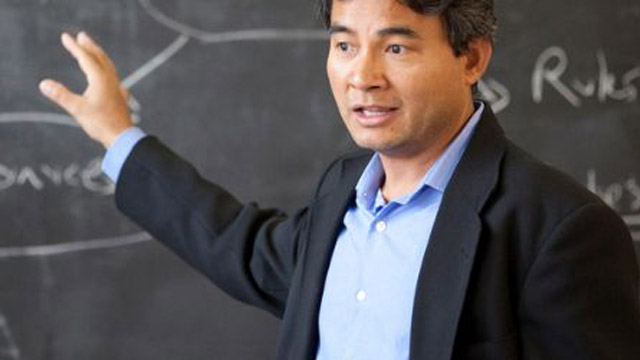
Environmental governance at any scale, including at individual decision-making process, is an inherently political process. Over half a century of the power struggle between local communities and the state on environmental governance issues around the world, the concept of data, knowledge, and science has gone through critical interpretation as more open framework of governance structures through democratization emerged in majority of the countries. With democratization of national politics, globalization of Eurocentric model of nation-state and
education system persists around the world. In Eurocentric view of education and political orders, science is perceived to belong to official academic practices, and recognized as the ultimate authority in decision-making processes of governmental institutions. This view of science considers local citizens’ knowledge and tacit knowledge of individuals as inferior in decision-making processes. The paper examines the case of Thai Baan research that counters the Eurocentric practice of science. In so doing, the paper explains how and why citizen science conducted by local communities and citizens plays critical role in animating associational life of
democracy and democratic decision-making processes in global environmental governance. Note: The presentation is a part of a book manuscript titled “Governing Social Ecological Systems: Politics of Citizen Science and Sustainability” that is forthcoming.
Tun Myint is Associate Professor of Political Science and the Director of Political Economy and Ecology in Southeast Asia off-campus study program at Carleton College. He earned his PhD in 2005 from the joint program of the School of Public and Environmental Affairs and the School of Law at Indiana University, Bloomington.